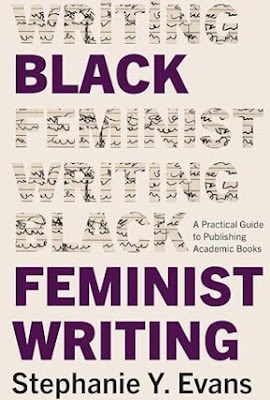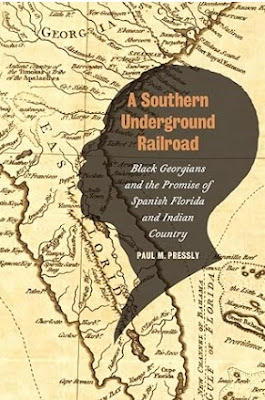Writing scholarly books is stressful, and academic publishing can be intimidating--especially for women, queer folks, and scholars of color. Black Feminist Writing shows scholars how to prioritize their mental health while completing a book in race and gender studies. Drawing on Black women's writing traditions, as well as her own experience as the author and editor of nine university press books, Stephanie Y. Evans gives scholars tools to sustain the important work of academic writing, particularly in fields routinely under attack by anti-democratic forces. Evans identifies five major areas of stress: personal, professional, publishing-related, public, and political. Each chapter includes targeted discussion questions and tasks to help authors identify their unique stressors, create priorities, get organized, and breathe. Whether working on your first scholarly book or your tenth, this robust, heartfelt guide will help you approach writing as an ongoing practice of learning, creating, and teaching in ways that center wellness and collective self-care.
Stephanie Y. Evans is Professor of Black Women's Studies in the Institute for Women's, Gender, and Sexuality Studies and Affiliate Faculty in the Department of African American Studies at Georgia State University. Her many books include Black Women's Yoga History: Memoirs of Inner Peace; Black Women and Social Justice Education: Legacies and Lessons (coedited with Andrea D. Domingue and Tania D. Mitchell); and Black Women's Mental Health: Balancing Strength and Vulnerability (coedited with Kanika Bell and Nsenga K. Burton), all published by SUNY Press.
State University of New York Press
ISBN-13 978-1438499277






